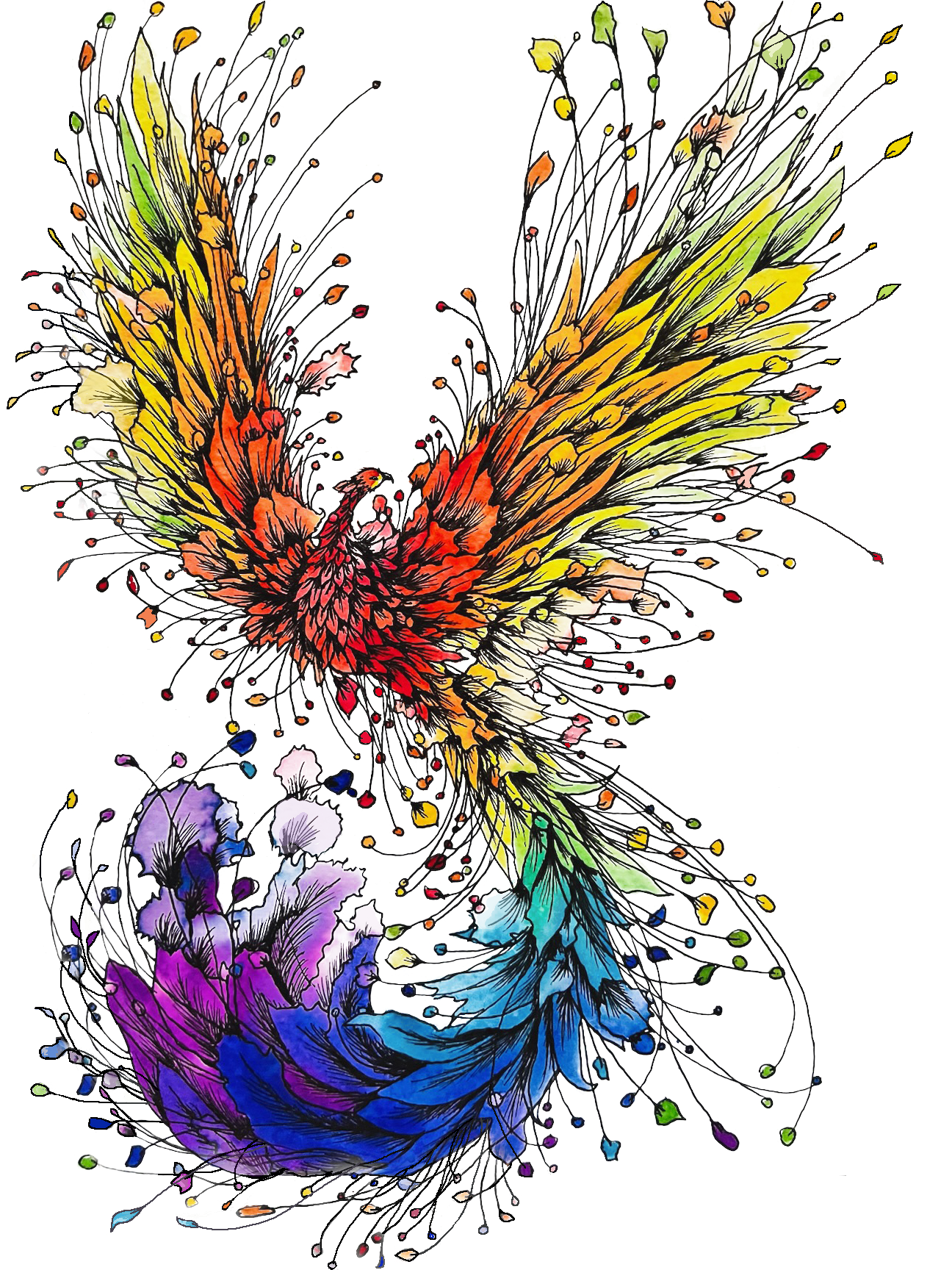Veterans and the Healing Journey: The Potential of Psychedelics
In the ongoing quest to provide relief and healing to veterans who bear the invisible wounds of war, such as PTSD, anxiety, and depression, the potential role of psychedelics like MDMA and ketamine is garnering significant attention and hope. These substances, once relegated to the fringes of medical science, are now at the forefront of innovative treatment modalities, offering a ray of hope where traditional therapies have fallen short.
The life of a veteran, post-service, can often be clouded by the trauma and stress of past experiences. Traditional treatments, while beneficial for some, do not always offer the solace and healing needed to traverse the complex landscape of mental health challenges that many veterans face. It's in this intricate space that psychedelics like MDMA and ketamine are beginning to shine, offering new pathways to healing grounded in cutting-edge research and a deepening understanding of the human psyche.
MDMA, commonly known for its use in recreational settings, is revealing its profound potential in therapeutic environments, particularly for treating PTSD. In the safety and structure of a clinical setting, MDMA-assisted therapy has shown remarkable results. The substance is understood to facilitate a significant reduction in the fear and anxiety associated with traumatic memories. It fosters a sense of trust and compassion, allowing veterans to confront and process their experiences in a manner that traditional therapies often fail to enable.
Ketamine, another substance that is breaking new ground in the treatment of depression and PTSD, operates differently. Known for its rapid antidepressant effects, ketamine has the potential to create new neural pathways, offering immediate relief for some from the heavy fog of depression. Its ability to provide a new perspective, and to catalyze changes in thought patterns, is proving to be a lifeline for veterans who have struggled with other forms of treatment.
The journey through therapy with psychedelics is not a solitary one. It's deeply embedded in a supportive, controlled, and professionally guided setting. The presence of trained therapists during these sessions is crucial. They provide the structure, support, and guidance needed to navigate the powerful and often deeply revealing experiences that psychedelics can induce. This setting ensures that the journey into the psyche is not just a dive into the unknown, but a guided tour through the inner self, with support and understanding at each step.
The potential of psychedelics like MDMA and ketamine in treating veterans is not just about alleviating symptoms. It's about offering a holistic pathway to healing that addresses the root causes of trauma and depression. These substances are tools that, when used thoughtfully and responsibly, can unlock the mind's profound capacity for healing, growth, and transformation. They offer a glimmer of hope, a chance to reclaim life from the shadows of trauma, and to step into a space of peace, understanding, and renewed purpose.
As research continues and the stories of healing and transformation multiply, the potential of psychedelics as a beacon of hope for veterans becomes increasingly evident. These substances, once misunderstood and stigmatized, are now emerging as powerful allies in the journey toward healing, offering a chance to rewrite the narrative of post-service life and to embrace a future defined by hope, healing, and a renewed sense of wholeness.
